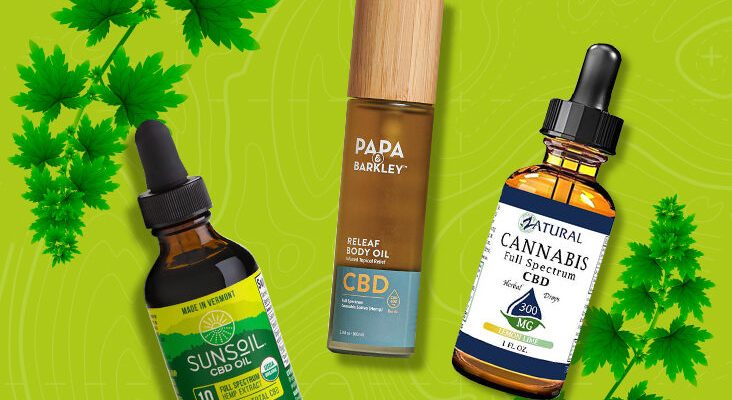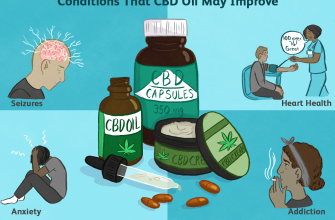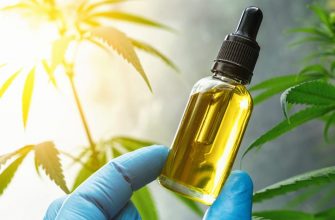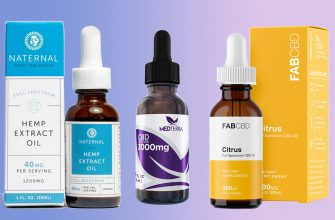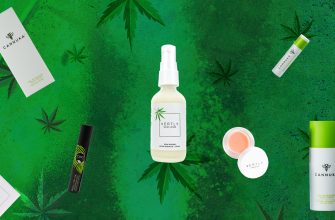Scientists have been researching CBD for several years now and the results show that its receptors are based in the central nervous system. In many peripheral tissues, in the immune, reproductive and digestive systems to be exact. In addition, in the hormonal glands, arteries, lungs, eyes, heart, bones and skin.
1. Key component:
Cannabidiol is a key component of hemp/hemp. It is one of 80 compounds that are unique to plant components, collectively referred to as “cannabinoids”. Cannabidiol, also known as CBD, and THC tend to be the most abundant cannabinoids in the plant and therefore the most studied.
2. CBD does not have a psychotropic effect:
CBD does not have a psychoactive effect on humans like THC, which causes euphoria by binding to special CB1 and CB2 receptors in the brain. CBD does not bind to these receptors, so cannabidiol has no effect on the psychotropic state of mind.
3. CBD from hemp is legalO
CBD can be obtained from medicinal hemp (hemp) or industrial hemp plants. CBD oil is a pure plant extract diluted in hemp seed oil and, according to Czech law, is a “raw material for further processing” like all plants. End users can use CBD oil for treatment without breaking any law.
4. Levelneither cannabinoids and their timeslychia
The levels of CBD and THC vary in each batch of hemp production. Recreational marijuana tends to contain high levels of THC and significantly lower amounts of CBD. In industrial hemp plants, there are understandably high levels of the healing substance CBD (cannabidiol) and a small amount of THC.
5. No need v recipee
Here in the Czech Republic, everyone can legally order CBD products obtained from hemp (hemp) industrial plants via the Internet. For any use and in any quantities and without a doctor’s prescription. There is still a problem for people who live in countries where industrial hemp (hemp) is an illegal plant. They must have a medical prescription for all medical cannabis products that contain CBD.
6. Medicalvalue CBD
Scientific studies show that CBD provides great support to the human body. According to a 2013 study published in the British Journal, CBD reduces nausea and acts as an antiemetic, working as an antioxidant to reduce free radicals that cause neurodegenerative disorders. Reduces swelling and acts as an anti-inflammatory agent, increases appetite and relieves pain.
7. Benefitsa for the psyche
CBD also fights psychiatric problems and disorders, working much like antipsychotic drugs in dealing with psychosis. In addition, CBD helps reduce chronic anxiety and depression. These benefits are beneficial to those patients who suffer from temporary anxiety and depression due to their serious medical condition.
eight. Boretsya against the spread of cancer
Products that contain THC and CBD reduce the spread of cancer cells and other types of tumor diseases. The National Cancer Institute has conducted several studies that prove that cannabidiol may have protective effects against cancer. This review includes a study that analyzes CBD treatment for various types of cancer such as breast cancer, lung cancer, colon cancer.
9. Reason forI am ondecrease in THC
According to a study published in the British Journal of Psychiatry, it turned out that CBD compensates for the negative effects of THC, namely, it helps to prevent memory impairment. Therefore, CBD can reduce paranoia and other negative side effects that are associated with high THC marijuana consumption.
10. Helps children with epileptic seizures
Food and Drug Administration (FDA)Food and Drug Administration, FDA, USFDA) gave UC San Francisco the responsibility to investigate the effects of CBD (cannabidiol) as a drug for children with uncontrolled epileptic seizures. Participants in this study ranged in age from 1 year to 18 years. All of them suffered from similar symptoms, resistant to standard treatment. Many of them suffer from Dravet syndrome (epilepsy with myoclonic-astatic seizures in infancy), which begins in early childhood and causes frequent seizures. During the first months of using CBD, seizures decreased by 10%. The FDA will continue to work on this study.

